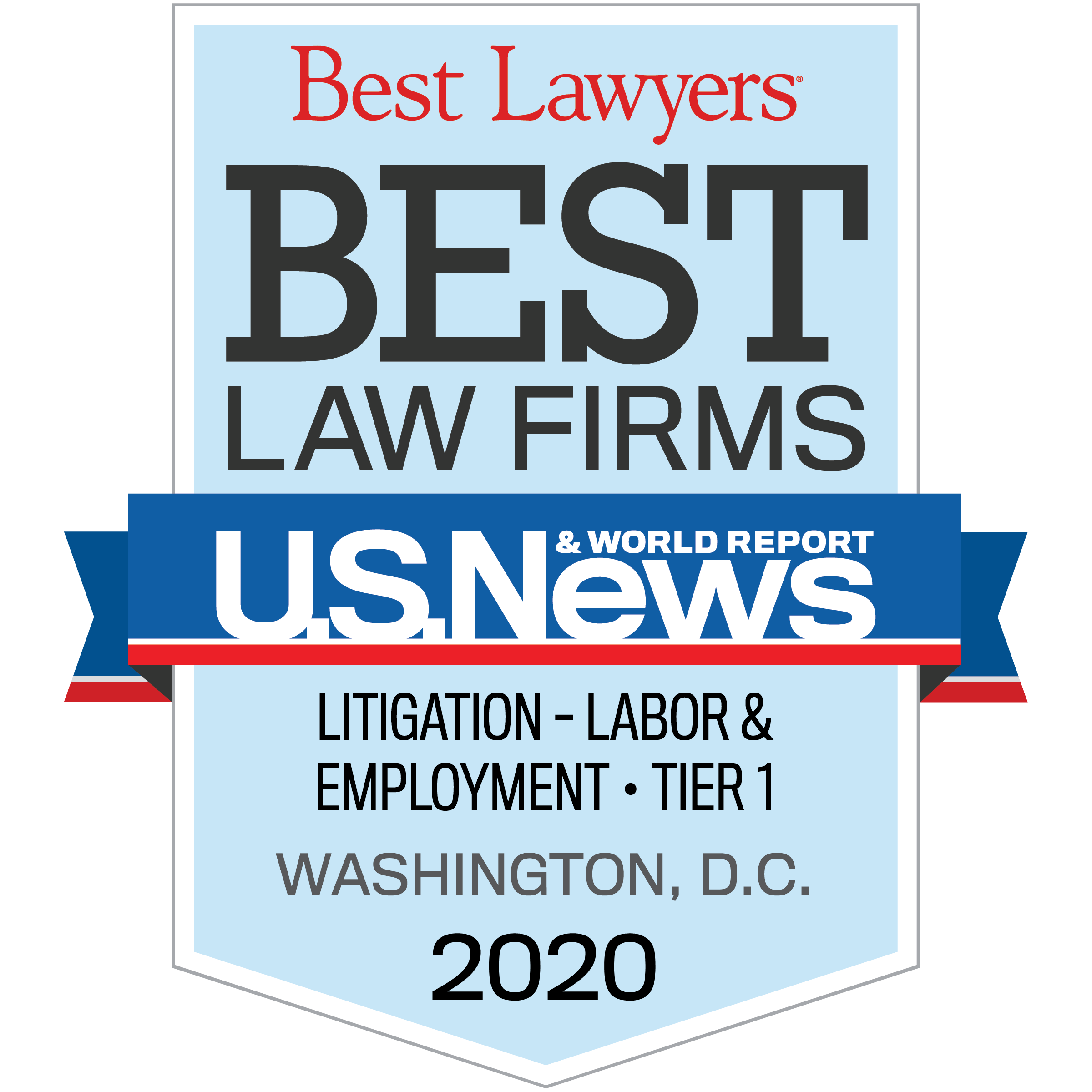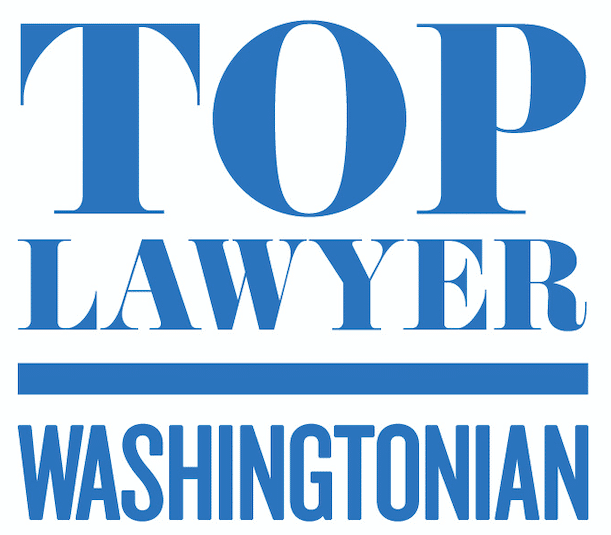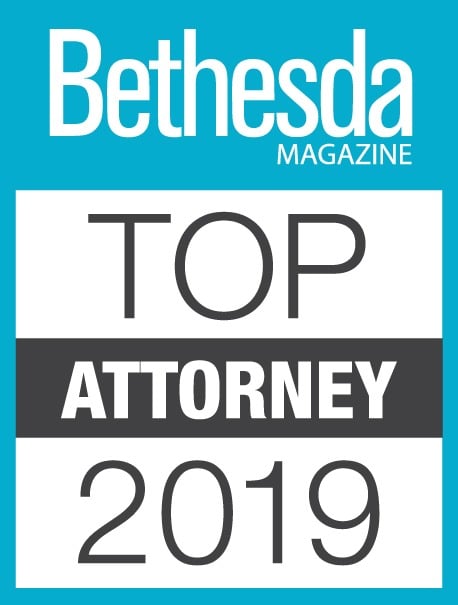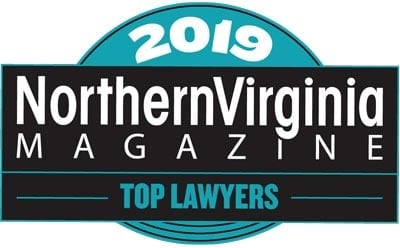SEC Awards $88M to 3 Whistleblowers
On March 19, 2018, the SEC issued an order authorizing $83M in whistleblower awards to three claimants and denying awards to other claimants (March 19 Order). This order authorizes the largest payments to date under the SEC’s whistleblower-reward program and brings the total payments to whistleblowers to more than $262M (see the largest SEC whistleblowers awards in the program’s history).
Whistleblowers take substantial risks in coming forward, including the risk of retaliation. Indeed, on the same day that the SEC announced these awards, the Ethics & Compliance Initiative released a Global Business Ethics Survey finding that more than one third of employees who reported wrongdoing experienced retaliation. The award of $83M to three whistleblowers should go a long way in incentivizing individuals to come forward with specific and credible information that the SEC can use to effectively protect investors and hold companies and individuals accountable for federal securities laws violations.
The March 19 Order does not reveal the enforcement action that the whistleblowers helped the SEC achieve, but reports indicate that these awards stem from a June 2016 $415M enforcement action against Merrill Lynch for misuse of customer cash from a reserve account to generate profits for the bank and the bank’s failure to safeguard customer securities from the claims of its creditors.
Report Promptly
The March 19 Order appears to have lowered the award share for two claimants because they “unreasonably delayed reporting the relevant facts to the Commission for an extended period of time.” And the SEC has lowered other awards due to a delay in reporting.
As the timing of a whistleblower’s tip is a significant factor that the SEC considers in determining whether, and how much, to award a whistleblower, it is important to act promptly. Prompt reporting is also important because of the risk of being ineligible for an award if another whistleblower has already submitted substantially similar information to the SEC.
Fortunately, most internal disclosures that lead to a SEC enforcement action will enable the whistleblower to qualify as an original source, as long as the whistleblower discloses the same information to the SEC within 120 days of disclosing the information to the employer.
Note, however, that certain whistleblowers do not have the option to report immediately to the SEC and instead must disclose internally first. In particular, whistleblowers who are integral to a company’s compliance (for example officers, directors and internal auditors) must wait 120 days after reporting internally before they can report to the SEC and be eligible for an award.
But Wait to Report Until You have Specific and Credible Information
Although there are many reasons to report promptly, the March 19 Order underscores the importance of providing specific and credible tips that are likely to lead to successful enforcement actions. The March 19 Order denies an award to a claimant who “reported very generally and in vague terms various problems at the Company, many of which appeared to be unrelated to the issues staff were investigating.” None of the information that this claimant submitted caused the SEC to: (i) commence an examination, (ii) open or reopen an investigation, (iii) inquire into different conduct as part of a current examination or investigation, or (iv) significantly contribute to the success of a SEC judicial or administrative enforcement action, and therefore this claimant was not eligible for an award. In other words, failing to provide specific and credible information significantly diminishes the likelihood of recovering an award.
The 2017 Annual Report of the SEC Office of the Whistleblower program highlights the success of the SEC Whistleblower Program in enabling the SEC to protect investors and halt ongoing fraud, but also reveals that the odds of recovering an award are low. Since the inception of the SEC’s whistleblower-reward program, more than 22,000 whistleblowers filed submissions, yet fewer than 55 whistleblowers have received awards.
According to the annual report, the types of tips that lead to successful enforcement action often contain these elements: identifying individuals involved in the misconduct, providing examples of particular fraudulent transactions or schemes and providing or identifying specific documents that substantiate the allegations. Accordingly, SEC whistleblowers should consider taking the following steps to qualify for an award:
- Provide the SEC with a clear roadmap for a successful enforcement action. Do not submit a pile of documents and expect the Whistleblower Office to figure it out. Instead, walk the SEC, step-by-step, through specific and credible examples of the violations.
- Provide reliable investigative leads, such as names of witnesses, the specific locations of key documents, etc.
- Demonstrate how the violation is “material.” For example, explain why knowing about a particular fraudulent transactions or scheme would be important to a reasonable investor in making an investment decision.
- Where feasible, provide the Whistleblower Office with documentation of the violation. The SEC is much more likely to act on a tip that is supported by strong evidence. But be careful not to provide information protected by attorney-client privilege and do not gather evidence unlawfully.
For more information about the SEC Whistleblower Program, download our free ebook SEC Whistleblower Program: Tips from SEC Whistleblower Attorneys to Maximize an SEC Whistleblower Award.
Whistleblower Attorneys Representing SEC Whistleblowers




In contrast to many other SEC whistleblower law firms, our team includes a Certified Public Accountant and Certified Fraud Examiner with substantial experience auditing public companies and investigating complex fraud schemes. In addition, two lawyers on our team served in senior positions at the U.S. Office of Special Counsel overseeing government investigations of whistleblower claims. We understand the many challenges that the SEC faces in investigating our clients’ disclosures and take measures to increase the likelihood that the SEC will be able to effectively pursue the disclosures we provide on behalf of our clients. Recently, U.S. News and Best Lawyers® named Zuckerman Law a Tier 1 firm in the Washington DC metropolitan area. Click below to hear SEC whistleblower lawyer Matt Stock’s tips for SEC whistleblowers:









